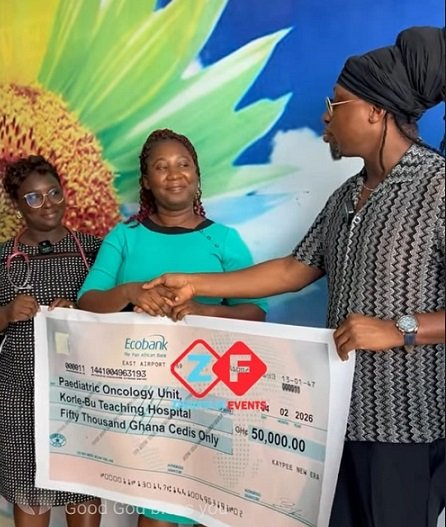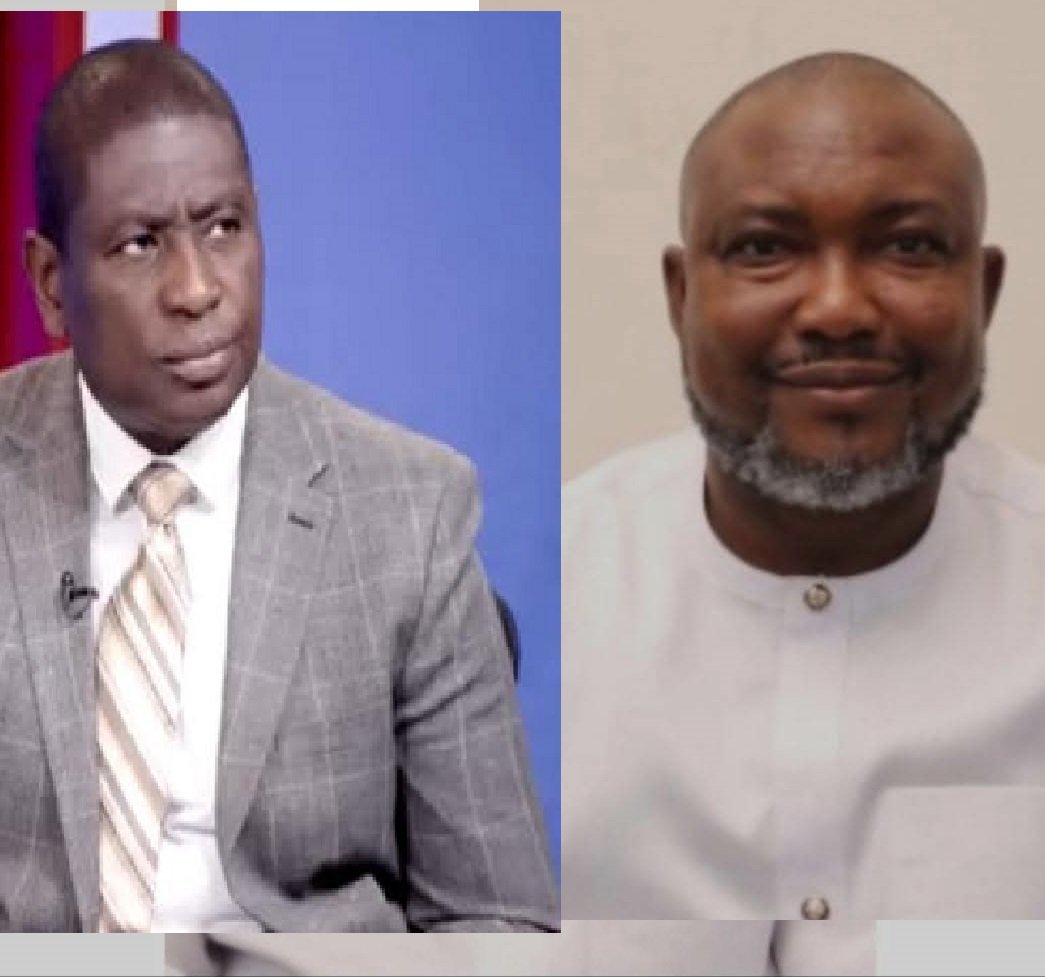News
Payment of School feeding fee…a nightmare for parents

Despite the urge to ensure that every child goes to school, certain demands are making it impossible for a number of parents to ensure their wards remain in school for the five days of the week.
Among the demands is the payment of feeding fee for the wards on daily basis.
In recent times, the payment of feeding fees have become a nightmare for a lot of parent, especially those with two or three wards.
The Spectator checks with several parents from schools indicated that wards are charged between Gh¢15- Gh¢20 on daily basis for food served to the children.
For the parents, they see nothing wrong with the service but what was troubling them was the amount which they found exorbitant but attributed to the high cost of foodstuff.
Interestingly, such parents have a huge sigh of relief on weekends and public holidays, knowing they would be free from paying feeding fee.
It was on this premise that some parents hailed the additional holiday added to the celebration of Ramadan.
Mrs Anita Adu, a mother of three pays, Gh¢60 daily as feeding fee, amounting to Gh¢300 per week in addition to school fees, books, snacks and breakfast.
She was extremely happy about the recent holidays as she saved a total of Gh¢120.
A second parent (name withheld) who also pays the same amount per week shared similar challenges and wished that parents with more than two wards be given a discount.
Mr Maxwell Tetteh, is a single parent taking care of one daughter, said it was not easy paying Gh¢150 a week.
But the caterers also explained to The Spectator that they cannot be blamed for the increased prices of the food prepared for the school children.
Mrs Rosemond Owusu, a caterer, explained how foodstuffs have become very expensive and the struggle they go through to make a suitable budget for schools.
She said “Chicken for instance is sold for Gh¢10. So, if the caterer charges for Gh¢12 per plate, it means only Gh¢2 would be left for a plate of rice and the stew. Obviously the caterer would run at a loss.”
A Headmistress of a private school, who also spoke to The Spectator on conditions of anonymity, explained that since some schools are unable to increase schools fees, they increase feeding fees and use the addition to support the payment of teachers’ salaries.
According to her, feeding fee should not be more than Gh¢15 because some parents have about three to four children in one school and pays so much.
The Headmistress, however, indicated that such increments must first be discussed at Parent Teacher Association (PTA) meeting for parents to be aware.
Mrs Evelyn Abbey, also a Headmistress of a private school, encouraged caterers to buy ingredients in bulk so that pricing of feeding fee will be less.
However, she said feeding fee was not compulsory as parents can cook for their children to school.
Another Headmistress of a public school, (name withheld) stated that due to economic hardship, not all parent can afford feeding fees.
According to him, lower income earning parents would always approach the school authorities on an impending holiday, knowing that it would be a day free of the dreaded feeding fee.
By Linda Abrefi Wadie
Entertainment
Kwaisey Pee honours promise, donates GHC50,000 to Korle-Bu Paediatric Oncology Unit

Ghanaian music icon, Akwasi Poku Addae, known in Showbiz circles as Kwaisey Pee has honoured his promise to children suffering from cancer.
Ahead of his 25th anniversary event held at the D’ Icon Event Centre at East Legon last year, he made a promise to donate some funds to children suffering from cancer.
True to his word, the musician has recently made a donation of GHC50,000 to the Paediatric Oncology Unit of the Korle-Bu Teaching Hospital.
He told the Ghanaian Times that children are so dear to him, and was optimistic the support would go a long way too impact lives.
The music dynamo also promised that the gesture will not be the last,” it will be a continuous feature from me.”
He also called on Ghanaians home and abroad to lend a helping hand to children suffering from cancer.
According to him, children with cancer have many needs, and a helping hands will go a long way ease the suffering.
“Cancer treatment is very expensive, and leaving that to parents of the children alone, will be a huge burden, with support from you and myself, we can make some changes in other people’s lives,” he concluded.
By Edem Mensah-Tsotorme
News
Dickson Kyere Duah, Kwadwo Poku clash over government funding for World Cup participation

A disagreement has emerged between Member of Parliament for Berekum West, Dickson Kyere-Duah, and energy consultant Kwadwo Poku over government funding for Ghana’s participation in the 2026 FIFA World Cup.
The debate centred on government’s decision to budget about 13 million dollars to support the national team, even though FIFA is expected to provide an appearance fee of about 10.5 million dollars if Ghana qualifies for the tournament.
During the discussion on Joys news , Mr Poku questioned why the government should allocate such an amount when FIFA already provides funds to participating countries.
According to him, the appearance fee alone should help cover some of the country’s expenses.
He argued that if FIFA is giving Ghana 10.5 million dollars simply for qualifying for the tournament, it raises questions about the need for the government to appropriate additional funds.
Mr Kyere Duah, however, explained that the government’s allocation was part of advance planning captured in the national budget even before the final qualification results were known.
He noted that the budget for the tournament period was prepared in November 2025, when it was not certain that Ghana would qualify.
He stressed that budgeting does not automatically mean the entire amount will be spent.
According to him, the funds are meant to prepare the team from the start of the competition period until the end of the tournament.
Mr Kyere Duah explained that if the team exits the tournament early, the full amount allocated in the budget will not be used.
Mr Poku maintained that FIFA already provides financial support to teams for participating in the World Cup and insisted that the government must clearly justify additional spending.
The discussion extended to the role of the Ghana Football Association in managing the national teams.
Mr Poku described the association as a private institution and argued that FIFA also operates as a private body that does not allow government interference.
He explained that FIFA provides funds to teams to support their preparation and participation in the tournament.
Mr Kyere Duah, however, maintained that national teams represent the country and require government support to operate effectively.
By: Jacob Aggrey














